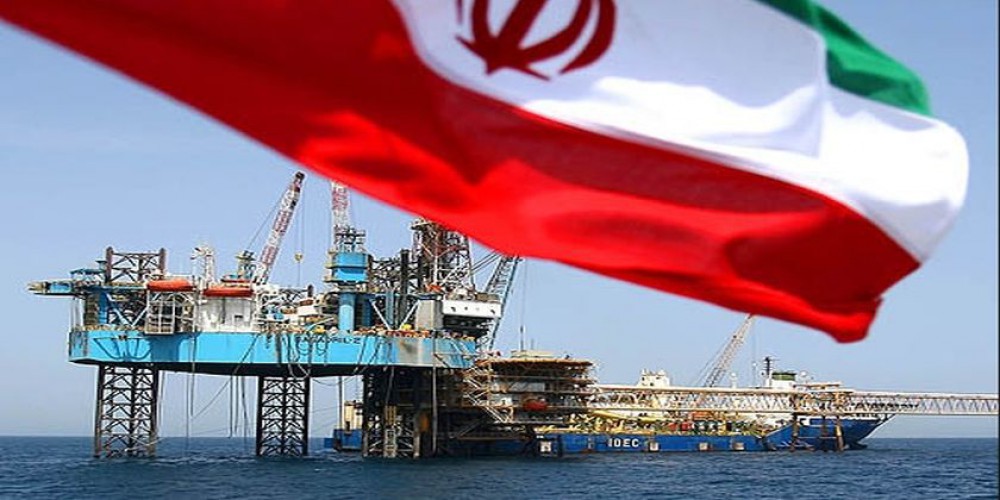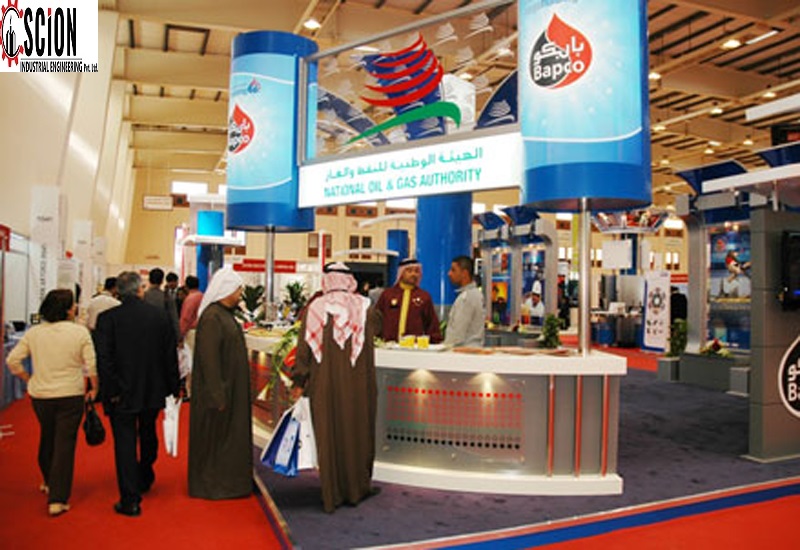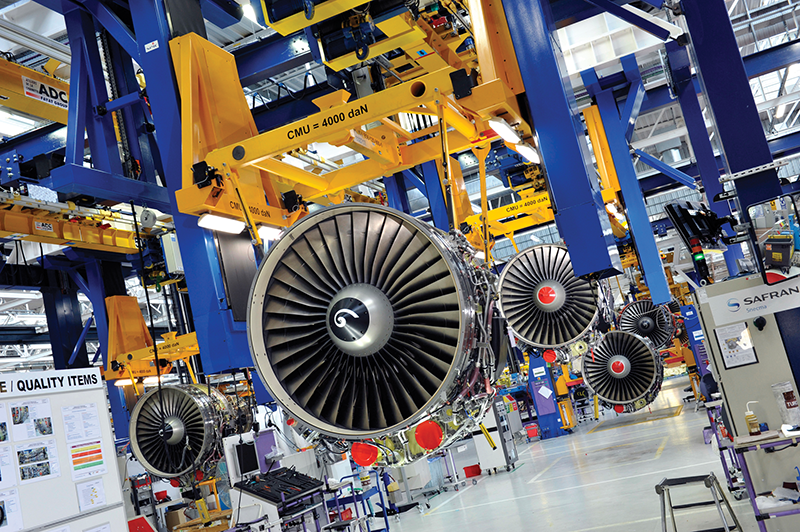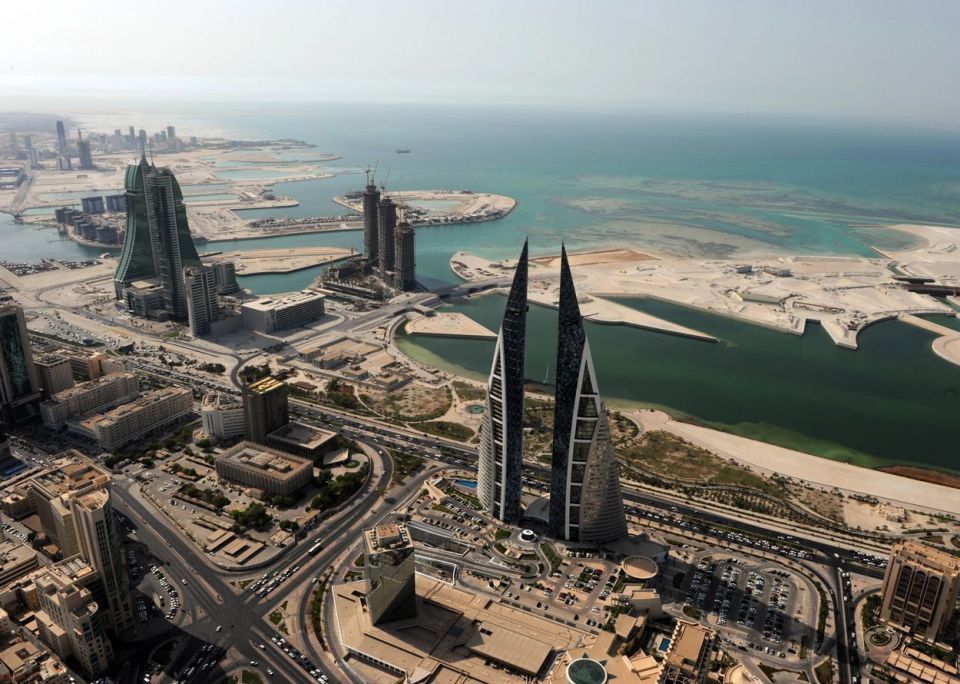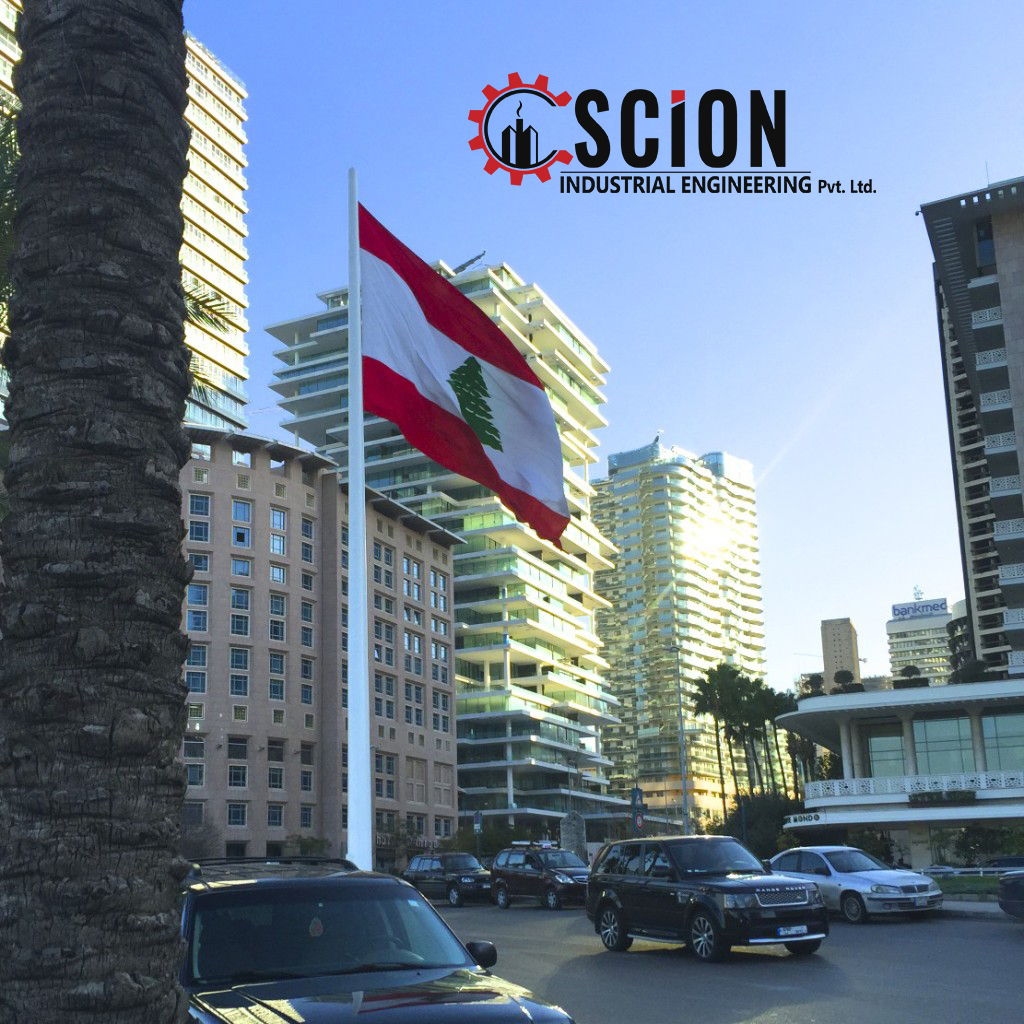Mobile devices have changed how we work and navigate daily life, which means there’s a tremendous opportunity to capitalize on the growing use of mobile apps. Location-based services mean that retailers can leverage mobile devices and Bluetooth technology to provide offers to customers and prospects, help customers and employees navigate within locations, and locate friends, assets and services.
Deploying location services, however, can present some challenges. IT may have to learn new technologies and processes, as most retailers have little to no experience implementing these types of solutions. And some solutions may require IT to purchase and manage dedicated infrastructure. The good news is that in many cases, organizations already possess the technology needed to deploy location services. Bluetooth Low Energy (BLE) is prevalent on popular iOS and Android devices, and meets the required accuracy and latency demands for multiple use cases. In addition, Wi-Fi is now pervasive in all malls and retail outlets.
Lebanon’s retail industry is a fast adopter of technology. While they have adapted to e-commerce, they’ve equally improved their brick-and-mortar experiences. But until recently, technology hasn’t kept pace with these crucial arms of the retail business. That’s changing with advances in location-based services. Regional retailers are beginning to implement location-based solutions, but need to keep in mind the following key features that address customer experience and operational needs:
Cutting-Edge Analytics
The adoption of smartphones gives retailers an opportunity to leverage their existing Wi-Fi network to extract actionable location data. In-store experiences are dramatically improved through the adoption of the most advanced location-based solutions that allow for an array of analytics. This results in better customer experiences as well as operational effectiveness.
For example, a customer would be frustrated when after joining a loyalty program, he/ she discovers a favorite product is always missing from the aisle. With analytics from your loyalty app, you can focus attention on items your best customers purchase to keep them stocked.
By providing visualizations, dwell times and other metrics, analytics can tell you whether temporary displays are attracting purchases, or are an annoying traffic impediment, so you can take appropriate action. Clearly, the faster an underperforming display gets remediated, the faster sales get made. Longer term, visualizing what works best, in which locations and at what time of year, can help you replicate successes to maximize daily and seasonal sales.
Beyond the personalization and relevance benefits, here’s yet another reason to deploy BLE-enabled location-ready infrastructure: You can rapidly take advantage of new experience innovations already in the pipeline to keep you ahead of your competition.
Personalized Navigation
Map-enabled, indoor, turn-by-turn navigation via a customer’s mobile app is swiftly becoming a competitive differentiator as customers can get easily frustrated when looking for particular retail outlet in a massive mall for example. A frustrating experience could be the ultimate deal-breaker.
Associate Location/ Find-a-Friend
More sophisticated location solutions go further by offering assistance empowerment, also known as location sharing. With this capability, customers can consult your shopping app to visually find nearby associates if they want help. Clicking an associate’s icon enables sending that individual a pre-defined text. If the associate is occupied, they can respond with an availability estimate while also suggesting the consumer continue shopping because the associate can find them.
With location-based services, all employees – including minimally-trained seasonal workers – can quickly assist customers or restock goods, minimizing two perennial productivity drains. When an associate needs help, find-a-friend works the same way for them. Reducing these types of frictions can also significantly lower employee frustration, leading to less turnover and improved brand affinity. Moving forward, location awareness will be key to other innovations, such as deploying bots for shelf scanning.
Asset Tracking
The latest location-based solutions offer specialized sensors for tracking high-value items and inventory, ranging from carts and ladders to POS devices and pallets of goods. Easy-to-use mobile apps ensure that staff can quickly configure asset tags and then locate the physical assets within an indoor location.
Here is an example of how asset tracking is helpful. When customers encounter an empty merchandise slot, they frequently consult an associate and learn the item just arrived. Then, your associate walks the length of the store, where they’re confronted with several possible pallets. Equipping pallets with an asset tracking sensor enables associates to pull up a goods list for each pallet and retrieve the wanted item, rather than returning to the customer a dozen minutes later empty handed.
This is just one way asset tags can assist with personalized and relevant customer service. Others include quickly locating a ladder to get items off of a shelf or finding a cart capable of handling bulky merchandise.
Beyond these applications, location-based services can offer many more benefits. In addition to staying competitive today, deploying such infrastructure will reap rewards as innovations evolve for years to come.
Source:http://www.libc.net/2018/03/15/location-based-services-the-next-technology-evolution-for-lebanons-retail-industry/



